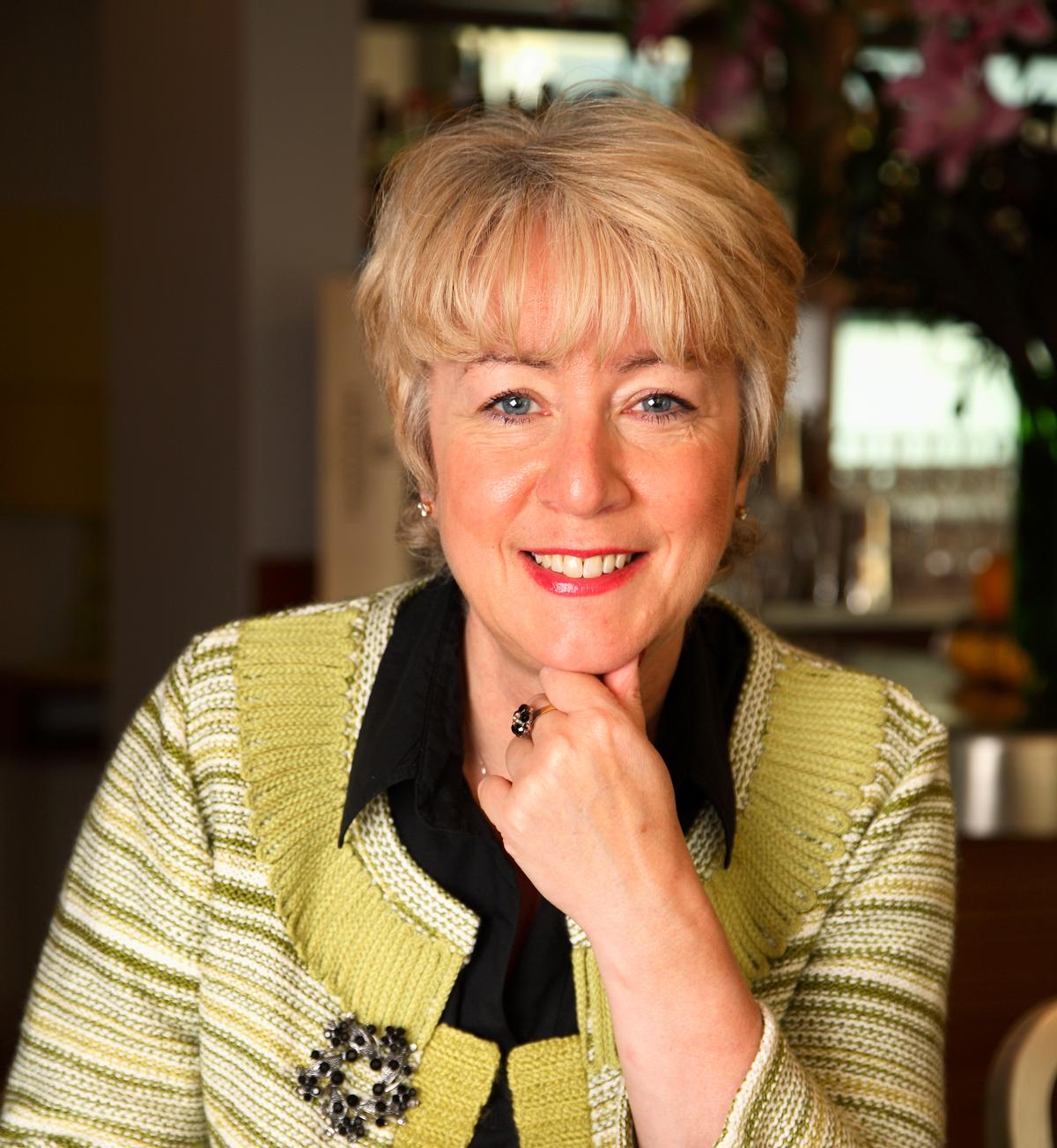see all jobs
Science centres must engage with more diverse audiences or risk becoming 'obsolete'
Linda Conlon, chief executive of Newcastle’s International Centre for Life, has said science centres need to engage with more diverse audiences, particularly refugee and migrant groups.
Echoing some of the sentiments of Elizabeth Rasekoala, who said during her keynote speech at this year’s Ecsite conference that 'Eurocentric' science centres were hindering education in STEM for black youths, Conlon said that science centres need to engage with refugees and migrants or risk becoming “obsolete”.
Speaking on the UK’s recent decision to leave the European Union, Conlon said that although economics was undoubtedly an important factor in the Brexit vote, the most disruptive element will not be the fast and free movement of goods, rather the movement of people.
“Migration of people in and out of countries has produced an emotional backlash against immigration, refugees and indeed the entire idea of globalisation. Starkly put, economic issues affect the head, identity issues hit the heart,” said Conlon, speaking at the Association of Science and Technology Centres (ASTC) annual conference in Tampa, Florida.
“Even before the Brexit vote, many of us were aware of the current refugee crisis in Europe which has provoked a palette of reactions in public opinion, ranging from unconditional solidarity to pure xenophobia.
“Major shifts in demographics, and therefore increasingly diverse audiences, are going to impact more and more on science centres. If you’re thinking that this is something that can be shelved for a few years while you deal with greater imperatives, or that the answer lies in creating a few special programmes for minority groups - think again. This is not an optional box-ticking exercise.”
Conlon went on to highlight work already being done to address the issue, including German lessons offered to migrants at the Deutsches Museum in Munich; dialogues started with Immigrant groups by the Explora science centre in Albuquerque, New Mexico; and the Immigration Museum in São Paulo, which is working with overseas immigrants in the state.
“There will come a point, sooner for some of us than others, when the current core audience becomes the minority. When that tipping point inevitably occurs - we need to be ready,” said Conlon.
“This requires a step change in our thinking – and a fundamental re-examination of business models. What is fit for purpose today, will not be fit for purpose tomorrow.
“Science has the power to be a unifying force. Let’s not miss this opportunity to make a difference.”
More News
- News by sector (all)
- All news
- Fitness
- Personal trainer
- Sport
- Spa
- Swimming
- Hospitality
- Entertainment & Gaming
- Commercial Leisure
- Property
- Architecture
- Design
- Tourism
- Travel
- Attractions
- Theme & Water Parks
- Arts & Culture
- Heritage & Museums
- Parks & Countryside
- Sales & Marketing
- Public Sector
- Training
- People
- Executive
- Apprenticeships
- Suppliers
















































